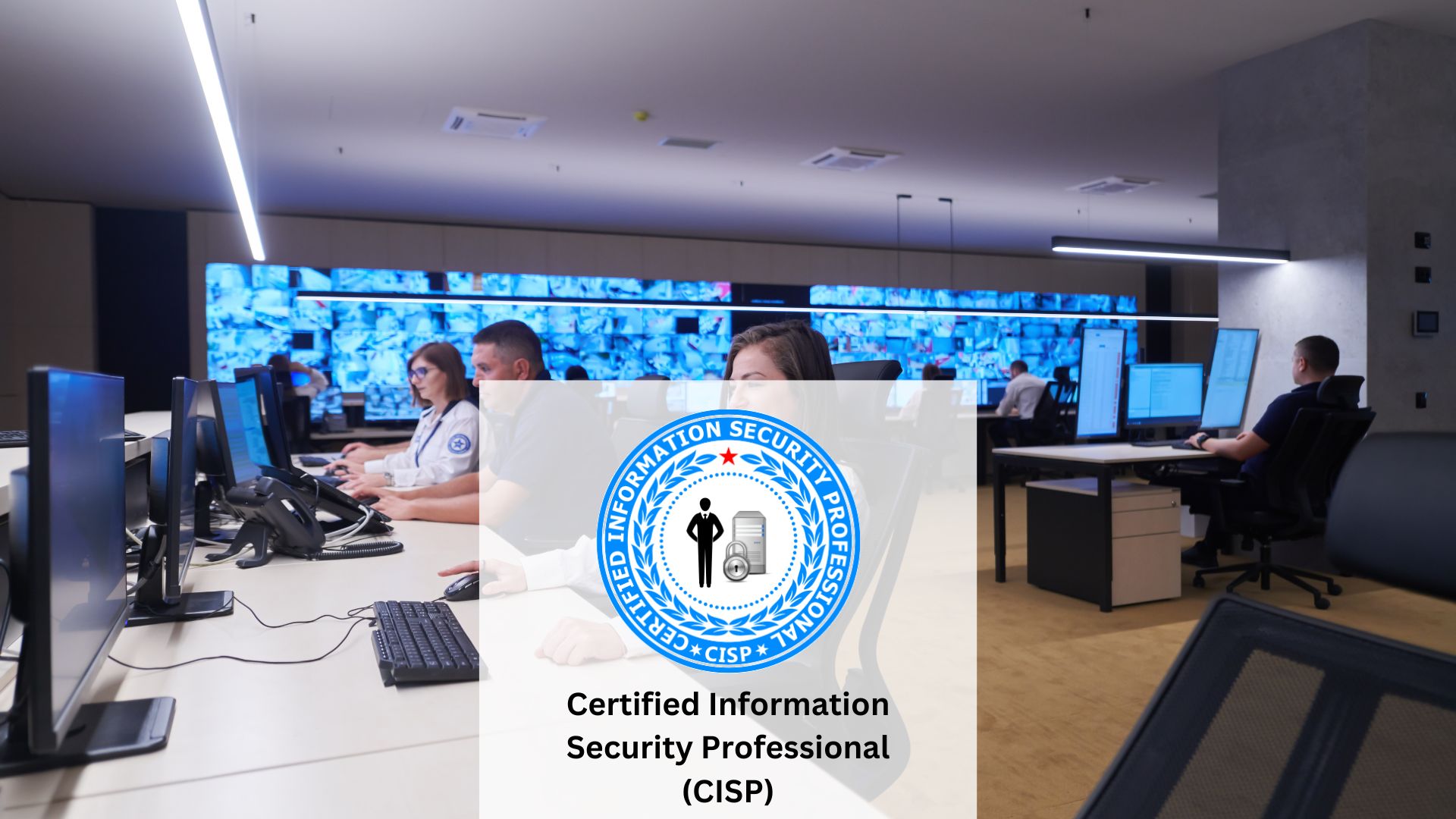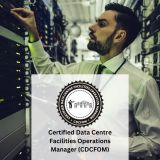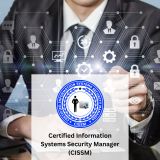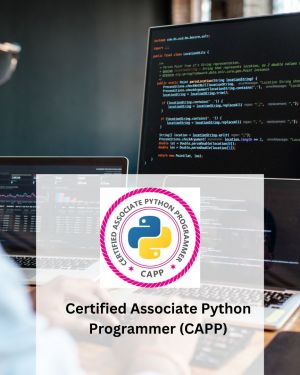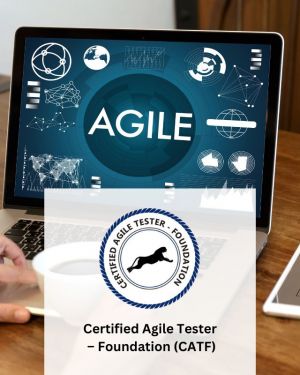Managing Data Center Facilities
Managing the facilities of today’s hi-end and hi-availability data centers is an extremely demanding and complex task that is often underestimated. There’s often little appreciation or understanding of the complexities involved, especially when many data centers are operating at or near their design limits—where downtime is never an option.
Even a Tier-4 data center designed per the ANSI/TIA-942 standard can face unscheduled downtime due to poor planning, weak operational procedures, subpar maintenance, and ineffective management.
About the CDCFOM® Exam
Candidates for the CDCFOM® (Certified Data Center Facilities Operations Manager) exam are expected to have in-depth knowledge in managing data center operations, which includes:
- Capacity planning
- Green initiatives
- Equipment commissioning and decommissioning
- Compliance to safety and international standards
- Vendor management
- Incident and crisis handling
- Effective operations management
- People management
- Statutory compliance
Prerequisite
While some experience in data center operations is recommended, there is no formal prerequisite to take the exam.
Course Duration
30 to 35 hours
About the CISP™ Certification
The Certified Information Security Professional (CISP)™ certification is aimed at senior-level professionals in the information processing and security industries. It is ideal for those with 5+ years of experience in information security looking to move into policy development and managerial roles.
What is InfoSec?
Information security (InfoSec) refers to defending information from unauthorized access, use, disclosure, disruption, modification, inspection, recording, or destruction. It applies to data in any form—electronic or physical.
With the increased reliance on digital systems, information security has become essential for individuals and organizations, including:
- Governments
- Military
- Corporations
- Financial institutions
- Hospitals
- Private businesses
Why It Matters
The CISP credential is highly regarded and can significantly enhance your job prospects, helping you transition into leadership and management roles.
Taking the Exam
- Format: 100 Multiple Choice Questions
- Passing Criteria: 80% (i.e., 80 correct answers out of 100)
- Duration: 2 hours (120 minutes)
- Mode: Non-proctored; take it anytime, anywhere within 8 months of purchase
- Attempts: Two attempts with each voucher
- If passed on first attempt, second attempt is not valid
- If failed both times, new voucher needs to be purchased
Certification Validity
The CISP™ certification is valid for 5 years. Candidates must re-certify after that period to maintain the credential.
Course Outline
Module 1: Introduction to Information Security
- Importance beyond computer security
- Employee mindsets
- Roles & responsibilities
- Threats
- Policies, procedures, risk management
- Information protection programs
Module 2: Threats to Information Security
- Common threats like:
- Errors & omissions
- Fraud, theft
- Hackers
- Malware
- Denial-of-service
- Social engineering
Module 3: Structure of an Information Security Program
- Security program design
- Roles across business units
- Awareness programs
- Steering committees
- Roles from senior management to third parties
Module 4: Information Security Policies
- Why policies matter
- Types of policies (Tier 1, 2, 3)
- Employment, conduct, asset classification, records management
- Legal frameworks (SOX, HIPAA, FCPA, GLBA, etc.)
Module 5: Asset Classification
- Classification methods
- Confidential info
- Roles: Owner, Custodian, User
- Handling printed and electronic data
- Retention and disposal
- Reclassification and authorization
Module 6: Access Control
- Access control policies
- User access and system-level controls
- Remote access standards
- Monitoring, logging, IDS
- Cryptographic concepts
- Sample access policy
Module 7: Physical Security
- Physical access control
- Fire prevention and response
- Secure document disposal
- Intrusion detection
- Physical security policy and planning
Target Audience
This certification is suited for professionals in roles such as:
- IT consultants
- Managers
- Security policy creators
- Privacy officers
- Information security officers
- Network & security device administrators
- Security engineers


